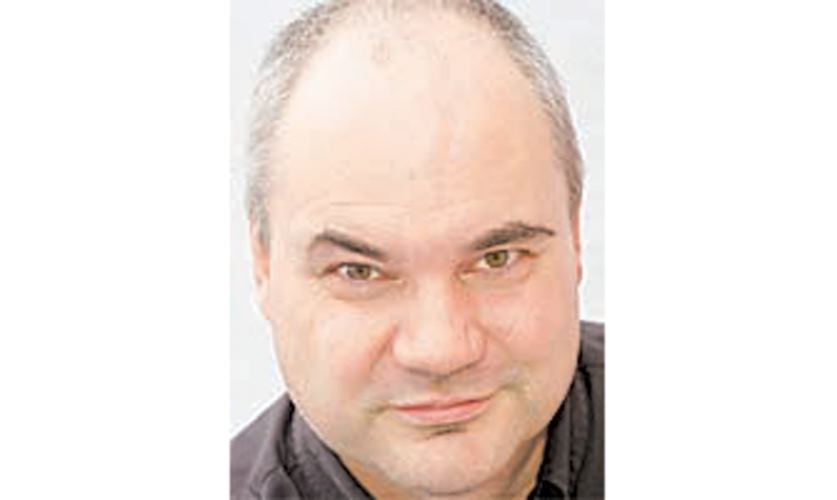Found a smoker the other day.
He was outside the safe-injection site, trying to make like he was toking up, but since when do joints come with filters?
"Tobacco Police! Freeze!" I said, but he bolted -- for about half a block before running out of breath and taking a knee. Not a lot of drawn-out foot chases with smokers.
OK, Victoria isn't quite at the point where tobacco is illegal, though it's getting there. As of this spring, the region's smoking ban is being extended to parks, playgrounds and public squares. The no-smoking zone around doorways and air intakes has gone from three metres to seven, effectively making it illegal to smoke on most downtown sidewalks. As of April 1, the only place it will still be legal to light up is the old leper colony on Bentinck Island.
Pot, on the other hand, has put on a suit and tie, gone almost-legit.
A grey area in the law lets medical-marijuana shops operate openly, with dispensing rules that range from ultra-strict to Amsterdam.
That still leaves B.C. less liberal than our neighbours in Washington and Alaska, who voted to legalize recreational dope-smoking.
Who'd have thought they would get there before B.C.? It's like arriving at Coachella and spotting Stephen Harper surfing the mosh pit.
Anyway, Washington state has licensed 334 cannabis stores, including six across the strait from Victoria in Clallam County. Port Angeles' first legal recreational pot shop turned its lights on in November.
The question is: What will that mean to Vancouver Island drug exporters? Already we hear reports of the wholesale price of B.C. pot dropping 30 per cent in recent years.
Is drug-smuggler destined to be one of those old-fashioned jobs that, like log driver or typewriter repairman, fades into history?
Vancouver Island, with long, isolated stretches of sparsely populated waterfront offering easy access to the America's San Juans and the Olympic Peninsula, enjoys a long, proud (?) history of smuggling illicit substances to the U.S.
As far back as 1890, the U.S. Treasury Department sent an agent to Victoria to try to infiltrate an opium-smuggling ring said to be headquartered here.
But it was after the U.S. brought in Prohibition in 1920 that local entrepreneurs really hit the jackpot. Cadboro Bay's Smugglers Cove didn't get its name by accident.
Some smugglers gained local notoriety over the next dozen years. Johnny Schnarr, who made 400 trips from Victoria to the U.S., some in fast boats powered by aircraft engines, was even celebrated in song. Sidney's Rumrunner Pub features a photo of the Malahat, a legendary five-masted schooner known as the Queen of Rum Row: it would sit in international waters and offload booze onto lightning-fast boats for the trip ashore.
In recent decades it has been B.C. Bud, not booze, being spirited across the strait, the smugglers sometimes making the trip in stolen boats that they would abandon on the other side after unloading the dope-stuffed hockey bags (though Saanich police once found $120,000 worth of pot in a kayak that washed up on Ten Mile Point). Whether it's rum or reefers, there's profit in prohibition.
Or, at least, there was. Much of the market is in jeopardy now that Washington is growing its own. Island smugglers can only hope that the high cost of U.S. pot (taxes and the dollar differential make it five times as expensive over there) will allow a black market to survive. Marijuana moonshiners, as it were.
Or maybe forward-thinking criminals will just retool for the emerging market in smuggled smokes. Wherever there's prohibition, there's money to be made.



